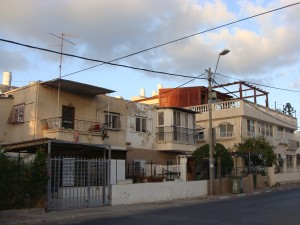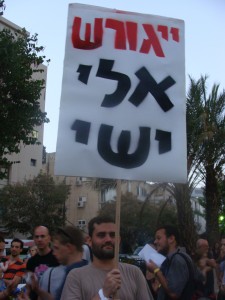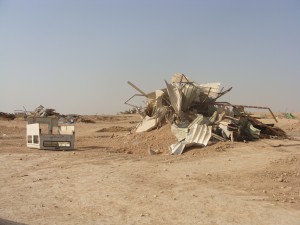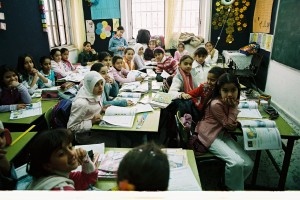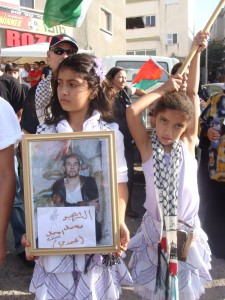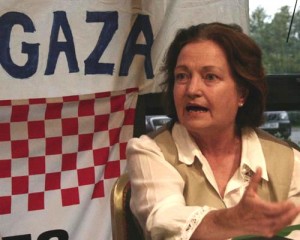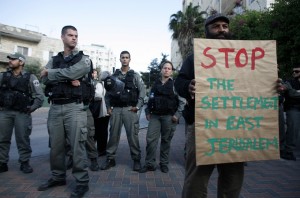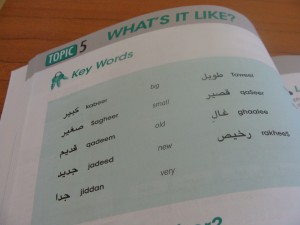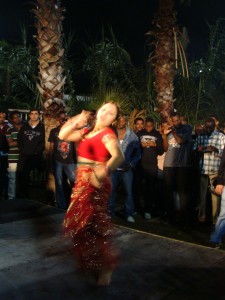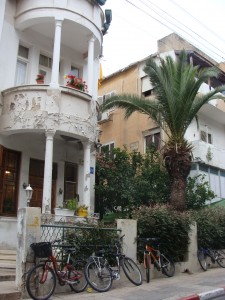 Al Jazeera English, December 10, 2010
Al Jazeera English, December 10, 2010
Hundreds of rabbis have signed a religious edict forbidding Jews from renting or selling homes or land to Arabs and other non-Jews. The public letter instructs Jews to “ostracize” those who disobey the order, which is widely viewed as an attack on the country’s Palestinian citizens.
When the decree was announced on Tuesday, it had been signed by 50 rabbis, many of who are employed by the state of Israel as municipal religious leaders. Despite sharp public criticism, another 250 rabbis have added their names to the proclamation.
It’s the latest battle in the ongoing religious campaign against non-Jews.
A similar edict was issued in the city of Safed less than two months ago, when over a dozen rabbis banded together to urge Jewish landlords not to rent apartments to Arab college students. African refugees—a group the state refers to as “infiltrators”—and migrant workers have also been targeted. This summer, 25 Tel Aviv rabbis signed a proclamation that forbids Jews from renting to “infiltrators.” Ten real estate agents who work in neighborhoods that are home to large populations of African refugees answered the call, publicly stating that they would refuse such tenants and would not renew the leases of those who are currently residing there.
